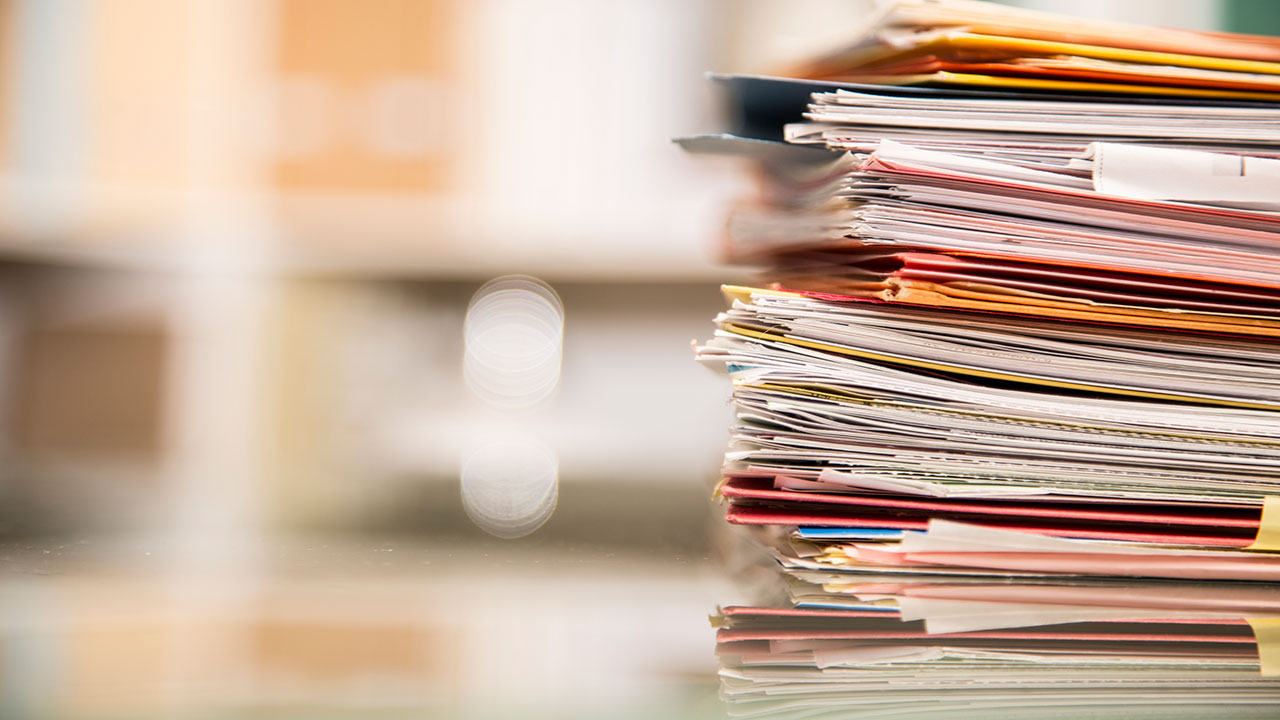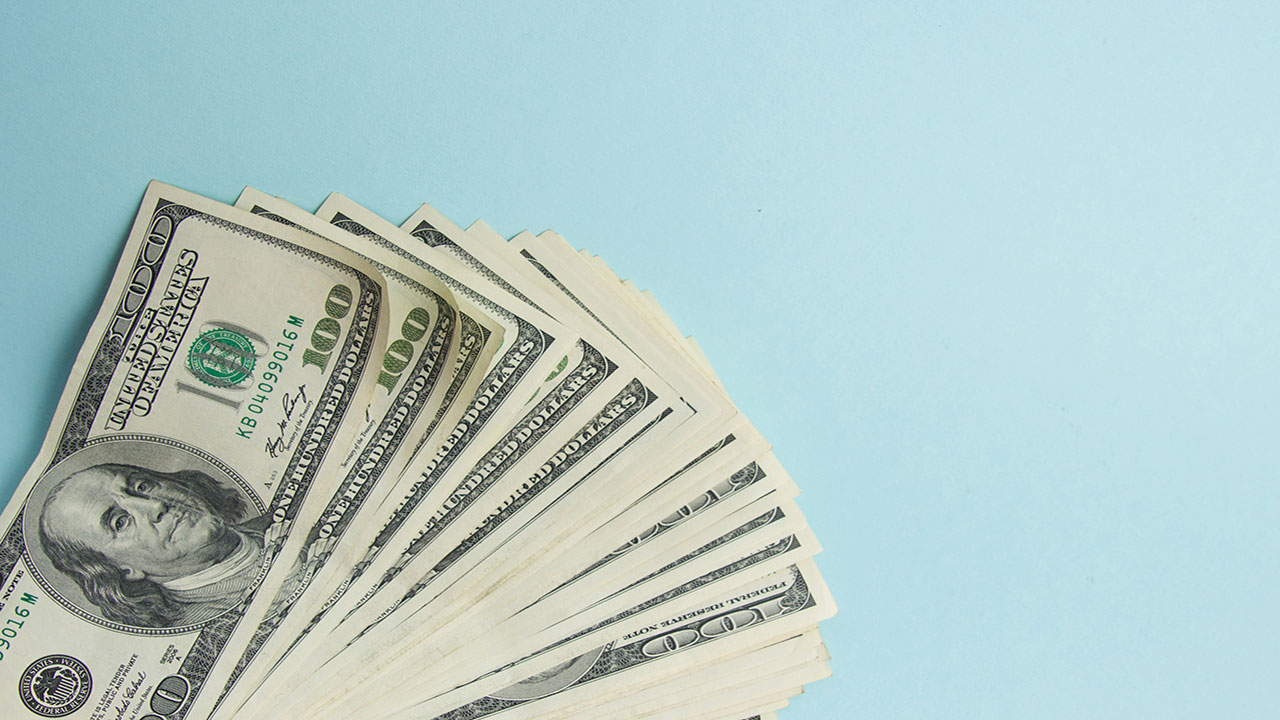What Buyers Should Know About Buying a House at an Auction

The more common way to buy a home is to peruse listings on the MLS and make an offer with the help of a real estate agent. But some buyers may look for other platforms to make a home purchase, including auctions.
Buyers who might consider buying a foreclosed home at an auction are likely doing so in an effort to snag a good deal on a piece of property. Lenders sell foreclosed properties at auctions in an effort to recoup as much money as possible after the original homeowner defaults on the mortgage.
But while buying a home at an auction might sound simple enough, it comes with certain complexities that all buyers should be aware of. In the majority of cases, there are certain legalities that buyers will face and plenty of paperwork to sign. If you’re thinking of putting in a bid on a home at an auction, here are a few things you should know first.
In-Person or Online?

The traditional auction platform when it comes to buying real estate is in person. Prospective buyers gather at a venue and bid on properties that have entered foreclosure in an attempt to get a deep discount.
But online real estate auctions are becoming increasingly popular. Think about other auction sites, like eBay, where online bidding has become a staple among consumers over the past couple of decades. And with more and more people getting comfortable shopping online, buying at online real estate auctions is becoming increasingly prevalent.
Homes Are Not Seen in Detail Until the Property is Won
Usually, buyers don’t get to actually see the inside of the home in person before bidding on a home, so this is always a potential risk factor to consider. Foreclosures are not put up on the market like conventional listings, so they’re typically not available for showings before buyers put in an offer.
It’s important for buyers to understand this and make sure they’re comfortable bidding on a property that may have more issues with it than they might not initially realize. But that’s the trade-off when it comes to paying less for a home.
That said, you can still drive by the property to see what it looks like from the outside. As long as you don’t disturb anyone who may still be living in the home, there’s nothing stopping you from passing by to get a quick glimpse. However, you won’t be able to schedule a visit of the home, so the interior will be off limits until you’re officially on title.
Due Diligence is Key

In order to protect your investment, it’s crucial that you do your homework first before registering for an auction and bidding on a home. Take the time to go over all pertinent documents and details of the transaction before the auction takes place. Look into the estimated market value of the home, the amount that the original homeowner owes on the mortgage, and if there are still liens on title.
Winning bidders not only take over the physical property but all issues that come with it as well. If there are any outstanding liens on the property, you’ll be responsible for paying them off if your bid is the winner. You may want to hire a real estate lawyer, title company, or real estate agent to help you navigate these potentially murky waters before bidding on a home.
There Will Likely Be a “Reserve Price”
Starting bid prices might seem extremely low, which is what attracts prospective buyers to auctioned homes in the first place. But what buyers need to know is that the final sale price will likely be nowhere near that starting price advertised.
Often, there will be a reserve price that is not made known to bidders. This reserve price is the minimum amount that the seller is willing to take, and a sale will not take place unless that threshold is met.
Original Homeowners Still Have a Chance to Pay Up

Even though the foreclosure process is well underway and the home is being bid on at an auction, there’s still a chance that the original homeowner may come up with the money owed and take back their rights to ownership.
Given this, it’s important for buyers not to do make any updates on the property until the certificate of title is obtained, which could take a week or two to get. Until then, no work should be done on the home just in case.
Be Prepared With a Stack of Cash
The majority of auctions accept cash, money orders, or cashier’s checks to pay for the home being purchased. And in most cases, you’ll need to pay for the home in full right after the auction ends. That said, there may be situations where a percentage of the sale price will be accepted at the auction and the remainder may be paid within a specific time frame.
It’s best to find out what these stipulations are before you bid. Either way, you’ll likely need to have plenty of liquid cash available.
The Bottom Line
You might be able to get a great deal by buying a home at an auction. But the process is much different than purchasing a home the traditional way, so it’s important that you understand all the nuances that may be involved and have plenty of cash in hand ready to plunk down if your bid is the winner.
But like a conventional home purchase, arming yourself with professionals such as a real estate agent and an attorney might be your best bet to make sure you’re entering into a sound contact.


